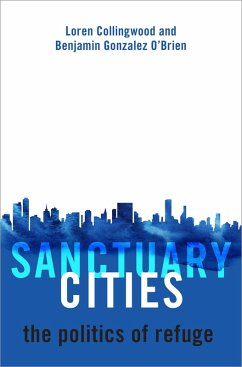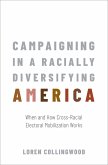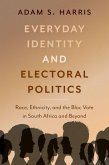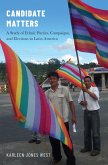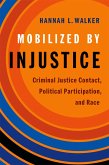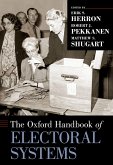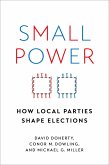The accidental shooting of Kathryn Steinle in July of 2015 by an undocumented immigrant ignited a firestorm of controversy around sanctuary cities, which are municipalities where officials are prohibited from inquiring into the immigration status of residents. Some decline immigration detainer requests from U.S. Immigration and Customs Enforcement. While sanctuary cities have been in existence since the 1980s, the Steinle shooting and the presidency of Donald Trump have brought them renewed attention and raised a number of questions. How have these policies evolved since the 1980s and how has the media framed them? Do sanctuary policies "breed crime" as some have argued, or do they help to politically incorporate immigrant populations? What do Americans think about sanctuary cities, and have their attitudes changed in recent years? How are states addressing the conflict between sanctuary cities and the federal government? In one of the first comprehensive examinations of sanctuary cities, Loren Collingwood and Benjamin Gonzalez O'Brien show that sanctuary policies have no discernible effect on crime rates; rather, anti-sanctuary state laws may undercut communities' trust in law enforcement. Indeed, sanctuary policies do have the potential to better incorporate immigrant populations into the larger city, with both Latino police force representation and Latino voter turnout increasing as a result. Despite this, public opinion on sanctuary cities remains sharply divided and has become intensely partisanized. Looking at public opinion data, media coverage, and the evolution of sanctuary policies from the 1980s to 2010s, the authors show that conservatives have increasingly drawn on anecdotal evidence to link violent crime to the larger debate about undocumented immigration. This has, in turn, provided them an electoral advantage among conservative voters who often see undocumented immigrants as a threat and has led to a push for anti-sanctuary policies in conservative states that effectively preempt local initiatives aimed at immigrant incorporation. Ultimately, this book finds that sanctuary cities provide important protection for immigrants, helping them to become part of the social and political fabric of the United States, with no empirical support for the negative consequences conservatives and anti-immigrant activists so often claim.
Dieser Download kann aus rechtlichen Gründen nur mit Rechnungsadresse in A, B, BG, CY, CZ, D, DK, EW, E, FIN, F, GR, HR, H, IRL, I, LT, L, LR, M, NL, PL, P, R, S, SLO, SK ausgeliefert werden.

